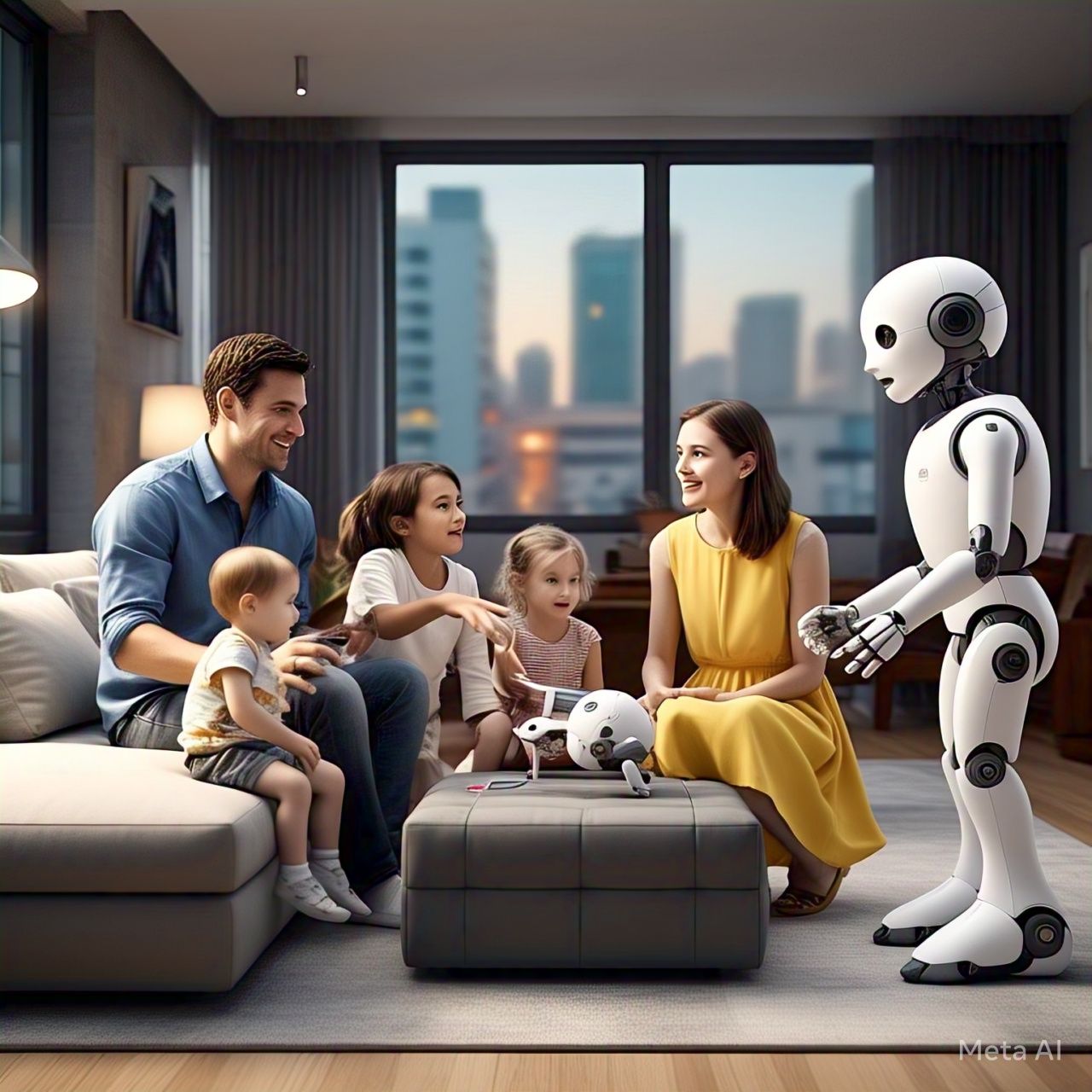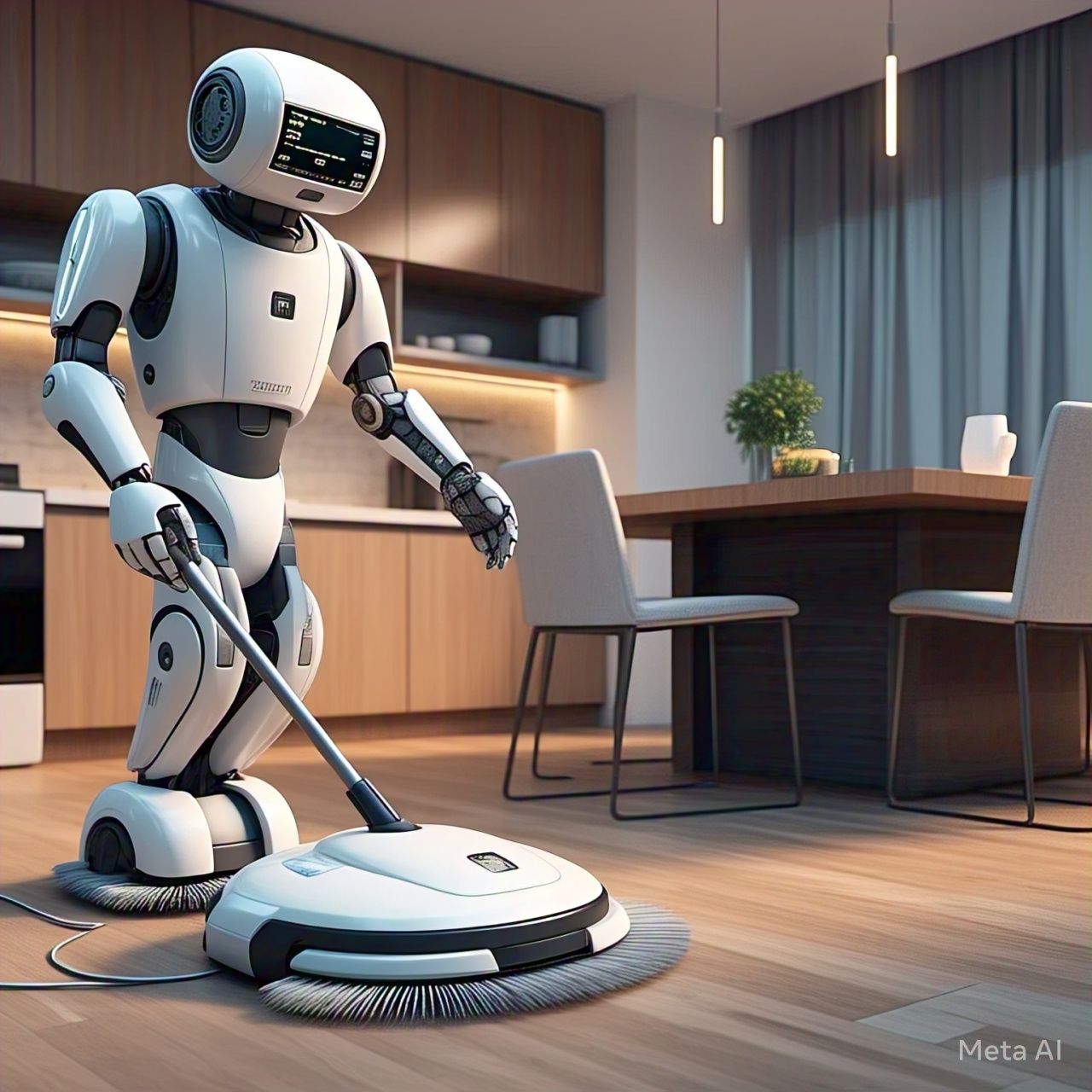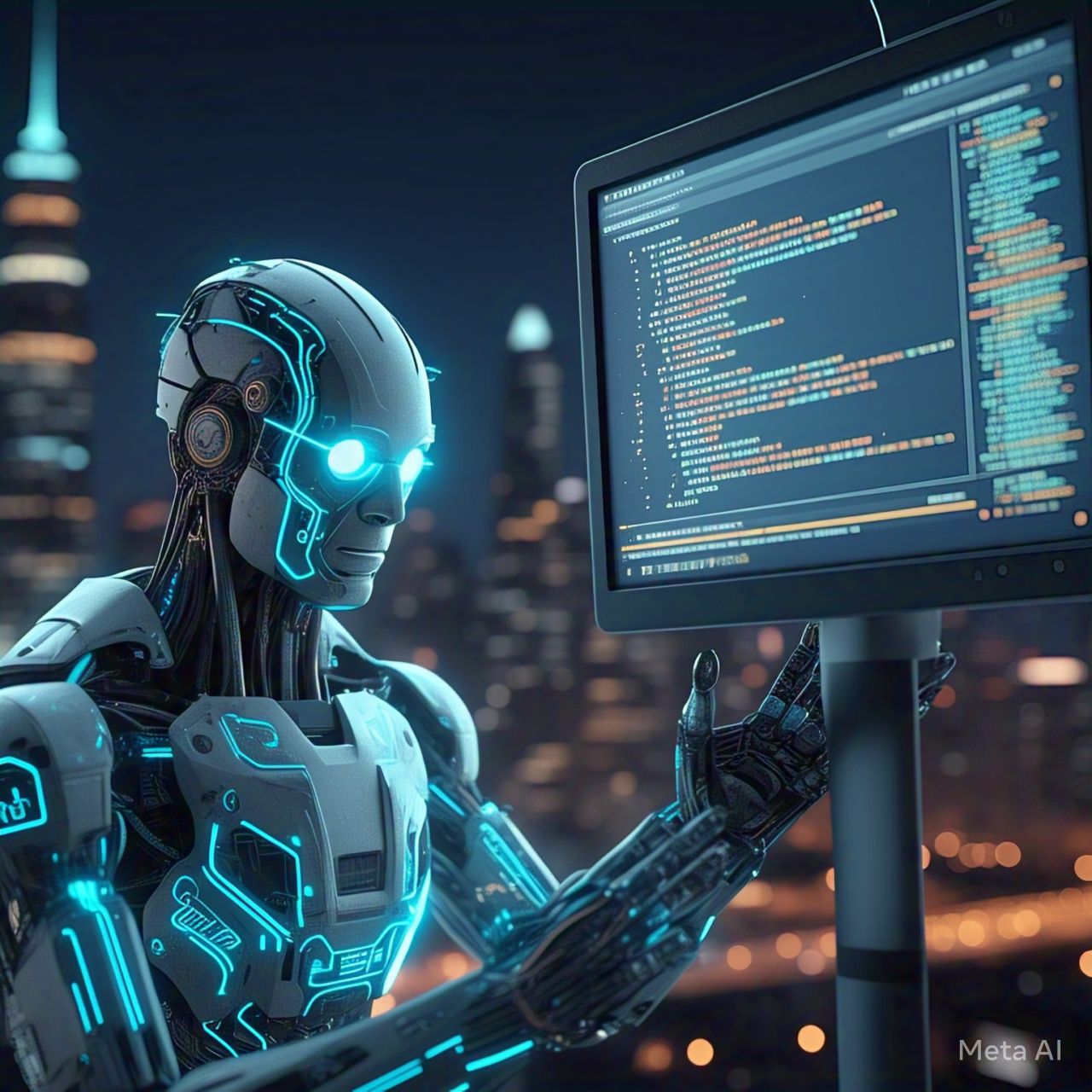Introduction
Artificial Intelligence (AI) has made significant strides in recent years, and one of its most intriguing developments is the rise of AI companions. These digital beings, ranging from chatbots to robotic assistants, are not just tools but are increasingly becoming integral members of households worldwide. As AI continues to evolve, its role in companionship, emotional support, and daily assistance is reshaping the way humans interact with technology.
The Evolution of AI Companions
From simple rule-based programs to sophisticated deep learning models, AI companions have undergone a remarkable transformation. Initially, AI-driven virtual assistants like Siri and Alexa were designed to perform basic tasks, such as answering queries and setting reminders. However, advancements in natural language processing (NLP) and machine learning have led to more emotionally intelligent AI, capable of understanding, responding to, and even anticipating human emotions.
Modern AI companions, such as Replika, Woebot, and social robots like Sony’s Aibo and Softbank’s Pepper, are designed to provide emotional support, companionship, and even entertainment. These AI-powered entities can learn user preferences, adapt to conversations, and mimic human-like interactions, making them feel more personal and engaging.
Why Are People Turning to AI Companions?
Several factors contribute to the growing popularity of AI companions in households:
- Loneliness and Social Isolation – With rising loneliness rates, especially among the elderly and individuals living alone, AI companions offer comfort and a sense of connection.
- Mental Health Support – AI-driven therapy bots like Woebot provide cognitive behavioral therapy (CBT)-based support, helping individuals cope with anxiety, stress, and depression.
- Personalized Assistance – AI companions can act as personal assistants, helping users manage schedules, provide reminders, and even engage in meaningful conversations.
- Entertainment and Engagement – AI-powered pets and humanoid robots offer interactive experiences that can be both fun and stimulating.
Ethical and Societal Implications
Despite the many benefits, AI companions also raise ethical and societal concerns:
- Dependence on AI for Emotional Needs – While AI companions provide emotional support, excessive reliance on them might reduce human-to-human interactions.
- Privacy and Data Security – AI companions collect and process vast amounts of personal data, raising concerns about how this information is stored and used.
- Authenticity of Relationships – Can relationships with AI be considered ‘real’? Some argue that AI lacks genuine emotions, making the companionship artificial.
The Future of AI Companions
As AI technology advances, AI companions will likely become more sophisticated, blurring the line between human and artificial relationships. Future developments may include AI companions with enhanced emotional intelligence, more realistic human-like appearances, and the ability to form deeper emotional connections with users.
From assisting the elderly to providing companionship for individuals facing mental health challenges, AI companions are becoming an undeniable part of modern life. Whether embraced as digital friends, mental health aids, or even members of the family, their presence marks a new era in human-AI relationships.
Conclusion
AI companions are no longer just futuristic concepts—they are here, evolving, and integrating into daily life. While they may never fully replace human relationships, their role in providing companionship, support, and assistance cannot be ignored. As technology continues to advance, AI companions will become even more intuitive, making them a lasting and meaningful part of human society.





